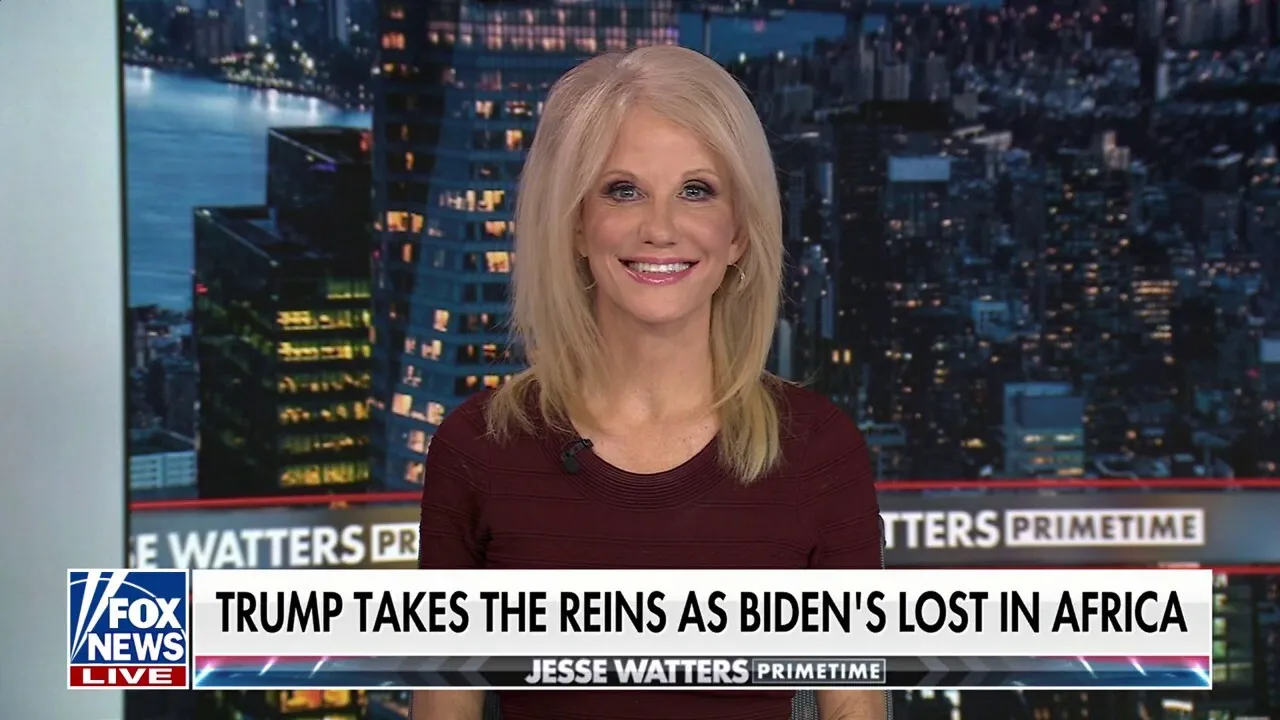Kellyanne Conway’s Controversial Comments Spark National Debate
In the ever-evolving landscape of American political discourse, Kellyanne Conway continues to be a polarizing figure, her recent comments reigniting debates about truth, media, and political communication. The former senior adviser to President Donald Trump has once again found herself at the center of a national conversation, drawing both criticism and attention for her provocative statements.
The Legacy of “Alternative Facts”
Conway first gained widespread notoriety in 2017 when she introduced the now-infamous term “alternative facts” during a television interview defending White House Press Secretary Sean Spicer’s claims about inauguration crowd sizes. This moment became a defining point in modern political communication, symbolizing what many saw as a deliberate attempt to manipulate public perception.
A Turning Point in Media Relations
The incident prompted an immediate and powerful response from various sectors:
- Media Outlets: Major news organizations quickly challenged Conway’s characterization
- Social Media: The term became an instant meme and cultural touchstone
- Dictionary Publishers: Merriam-Webster notably tweeted a pointed definition of “fact”
“Facts are facts,” became a rallying cry for journalists and truth advocates.
Recent Controversies Continue
In December 2024, Conway once again made headlines with comments about Democrats and the January 6th events. Her remarks, characterized by their typical provocative nature, drew immediate backlash from political figures and activists alike.
Public and Political Reactions
Notable figures responded swiftly:
- Democratic Congressman Robert Garcia criticized Conway’s statements
- Activist David Hogg mocked the commentary on social media platforms
- Political commentators analyzed the broader implications of her rhetoric
The Deeper Implications
Conway’s consistent approach to political communication raises significant questions about:
- The nature of truth in political discourse
- Accountability for public figures
- The role of media in challenging misinformation
A Symptom of Larger Challenges
Her comments reflect a broader trend in contemporary political communication—a deliberate blurring of factual boundaries that challenges traditional journalistic and political norms.
The Cultural Impact
The “alternative facts” phenomenon has transcended a single moment, becoming a significant marker of the Trump era’s communication style. It represents:
- A challenge to objective reporting
- A new approach to political messaging
- A reflection of deep political divisions
Expert Perspectives
Political communication experts suggest that Conway’s approach is part of a calculated strategy to:
- Control narrative
- Challenge established media structures
- Create controversy that generates attention
Looking Forward
As the political landscape continues to evolve, Conway remains a significant—if controversial—figure. Her comments continue to spark debate, challenge norms, and reflect the complex nature of modern political communication.
Conclusion
Kellyanne Conway’s ongoing commentary serves as a powerful reminder of the ongoing challenges in maintaining truthful, transparent political discourse. While her statements continue to generate controversy, they also provide critical insights into the current state of political communication in the United States.
Disclaimer: The views and statements discussed in this article are presented for informational purposes and do not necessarily represent the official stance of this publication.
Note: This article is a journalistic interpretation of recent events and public statements.






Leave a Comment